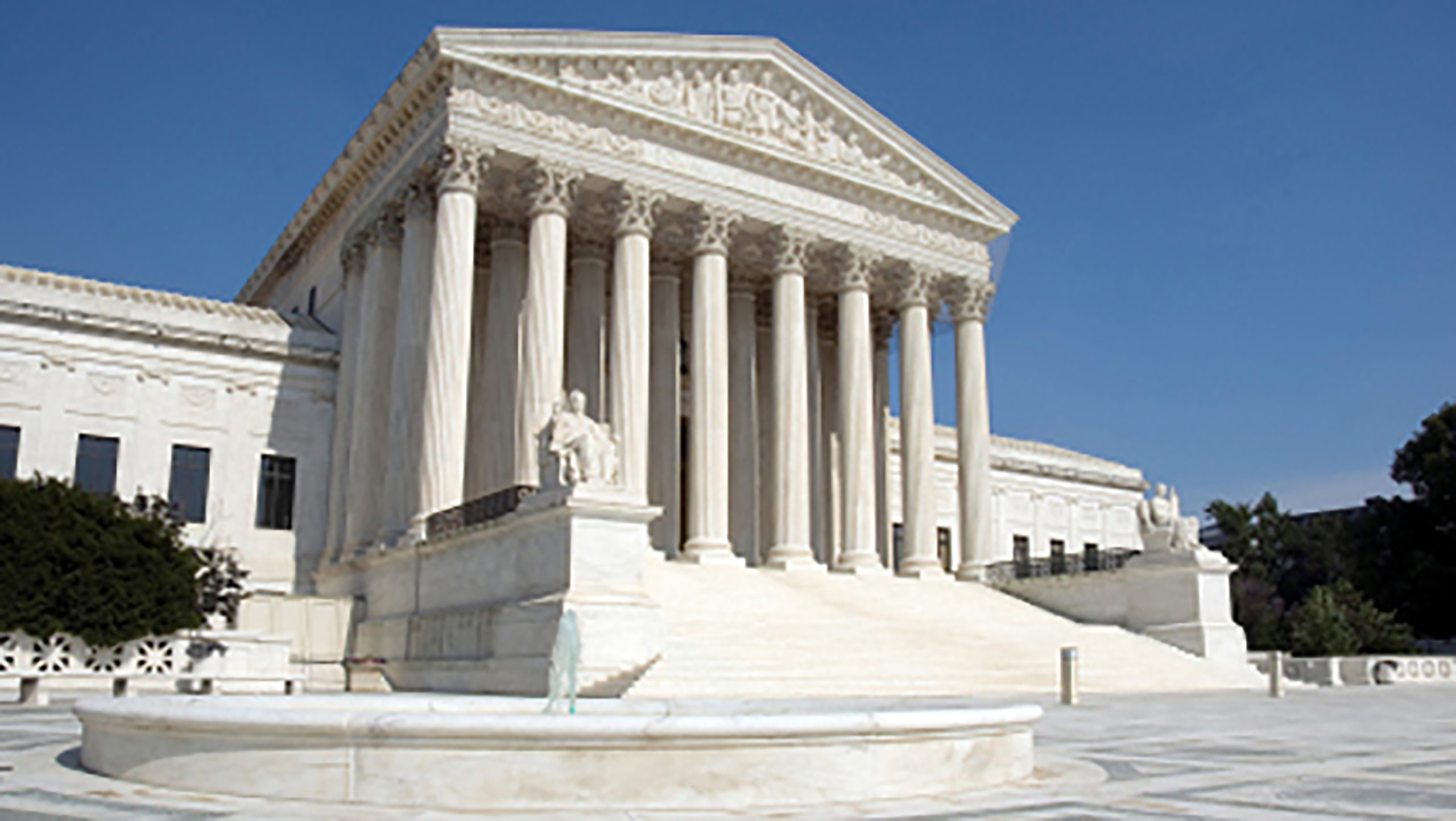A Maine tuition-assistance program that excludes faith-based schools discriminates based on religion, a seemingly receptive U.S. Supreme Court was told Wednesday (Dec. 8).
The high court heard oral arguments regarding the constitutionality of Maine’s school-choice program, and several of the justices appeared skeptical of the state’s defense of its refusal to include schools that teach their religious beliefs.
The program, which the First Circuit Court of Appeals in Boston upheld, assists families in the many small towns in the state that do not operate secondary public schools and the smaller number that have no elementary schools. Those districts are required to pay tuition up to a legal limit at a public or private school elsewhere of the parents’ choosing. To qualify for the program, however, private schools must be “nonsectarian,” a category that disqualifies any religious school that promotes the faith with which it is identified.
Religious freedom advocates have asked the Supreme Court to clarify that unconstitutional discrimination extends not just to the identity of a religious school chosen by parents with a generally available public benefit but also to the teaching and actions of the institution.
‘No basis’ for exclusion
“Maine’s sectarian exclusion discriminates based on religion,” Michael Bindas, a lawyer for the parents challenging the program, told the justices. The First Circuit Court “was wrong” in making a “status-use distinction” regarding the schools and the use of funds they receive by the parents’ choice, he said. No basis exists for such a difference, either in the high court’s rulings on the First Amendment’s guarantee of free exercise of religion or in common sense.
“Religious schools, after all, teach religion, just as a soccer team plays soccer or a book club reads books,” said Bindas, senior attorney for the Institute of Justice. “Yes, it is part of what they do. It is also part of who they are.
“It is only because of religion that they are excluded. You can call that discrimination based on religious use. You can call it discrimination based on religious status. Call it what you will. Either way it is religious discrimination, and either way it is unconstitutional.”
The ERLC filed a friend-of-the-court brief in March that asked the Supreme Court to review the lower court’s decision and another in September that urged the justices to support the parents challenging the religious rule in Maine’s program.
Describing it as a “key religious liberty case,” Chelsea Sobolik, the ERLC’s director of public policy, said after the oral arguments, “Parents in Maine should have the opportunity to send their children to a school that is religiously affiliated. The ERLC, in our brief, highlighted that Maine did not merely exclude religious schools — it discriminates against them.”
Meanwhile, Rachel Laser, president of Americans United for Separation of Church and State, expressed concern after the oral arguments, saying the high court’s conservative justices “may be poised to turn America’s foundational principle of religious freedom on its head. That principle has never been understood as requiring the government to fund religious education, but several justices seem prepared to reinterpret it to mandate exactly that.”
Maine’s tuition-assistance program included faith-based schools until a 1980 interpretation by the state’s attorney general resulted in a change.
A decision in the case, which is Carson v. Makin, is expected before the high court adjourns next summer.
Reprinted from Baptist Press (www.baptistpress.com), news service of the Southern Baptist Convention.



Share with others: